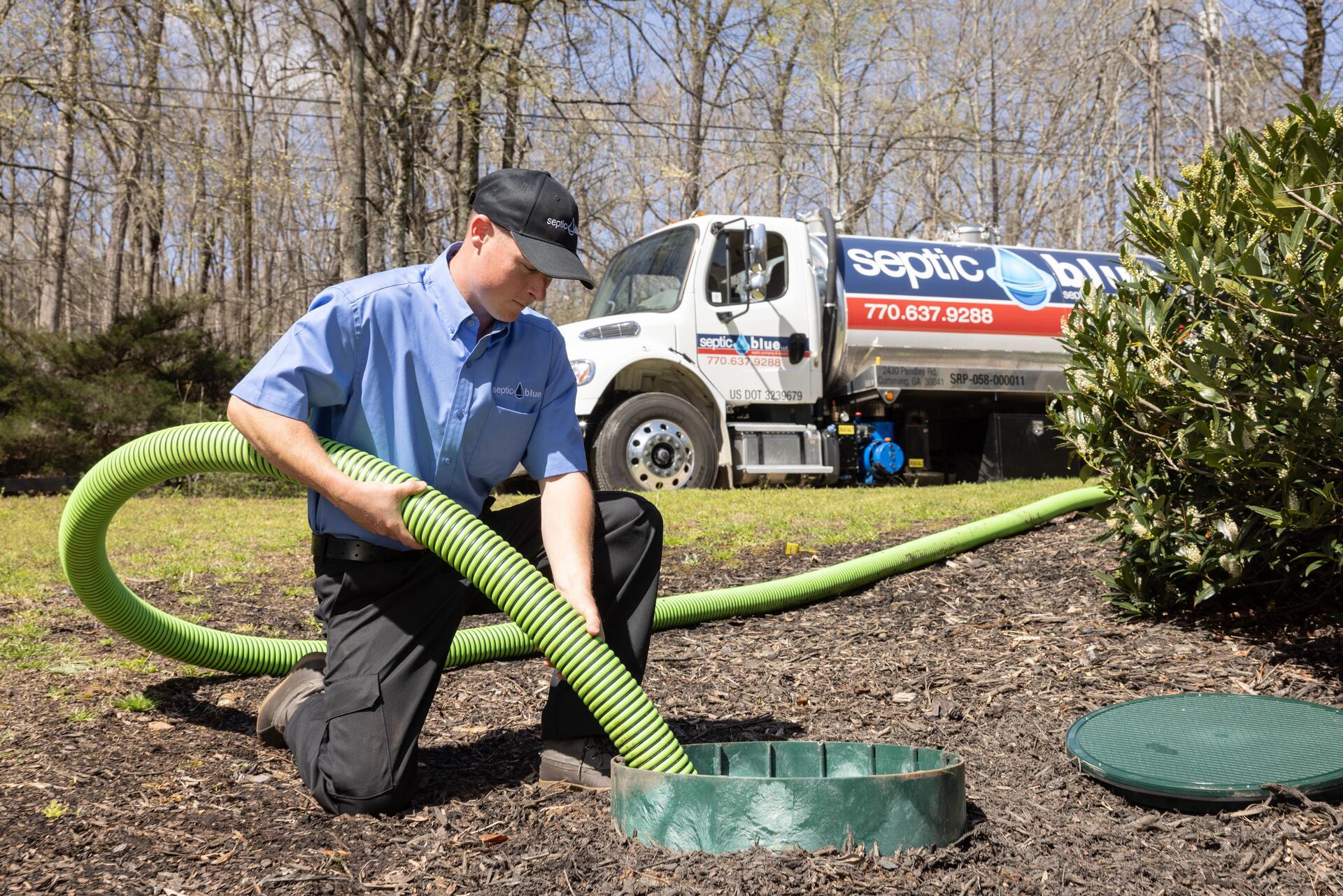If your septic system backs up, reduce water usage immediately and contact a septic service professional. They can assess the situation determine if pumping is needed or if there are other issues, like a blockage or system failure, that need to be addressed.
Menu
"WE NOT ONLY PUMP YOUR TANK - WE CLEAN IT!"
WE NOT ONLY PUMP YOUR TANK - WE CLEAN IT! Free Septic System Inspection ($99 Value)
Free enzyme treatment - Financing Available

